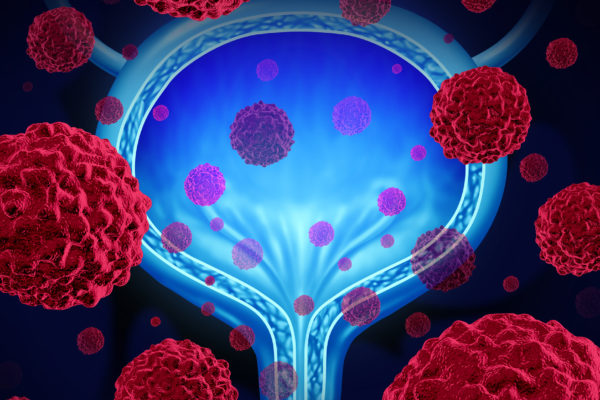
Patients with advanced urothelial carcinoma (aUC) who progress after platinum-based chemotherapy and checkpoint inhibitor therapy face limited treatment options. Sacituzumab govitecan (SG), a Trop-2-directed antibody-drug conjugate, previously demonstrated promising activity in this setting in the phase II TROPHY-U-01 study.1 The phase III TROPiCS-04 trial evaluated the efficacy and safety of SG compared to chemotherapy in pretreated patients with aUC.2
This global, open-label, randomised phase III study enrolled 711 patients with aUC who had disease progression following platinum-based chemotherapy and PD-(L)1 inhibitor treatment. Participants were randomised 1:1 to receive either SG or treatment of physician’s choice (TPC), which included paclitaxel, docetaxel, or vinflunine. The primary endpoint was overall survival (OS), with progression-free survival (PFS), objective response rate (ORR), and safety as secondary endpoints.
After a median follow-up of 9.2 months, SG did not significantly improve OS compared to TPC (median OS: 10.3 months vs 9.0 months; HR[95% CI]: 0.86[0.73-1.02], p= 0.087). Median PFS was 4.2 months with SG and 3.6 months with TPC (HR[95% CI]: 0.86[0.72-1.03]). However, SG demonstrated a higher ORR (23% vs 14%). The safety profile showed a higher incidence of grade ≥3 treatment-emergent adverse events (TEAEs) with SG (67% vs 35%), predominantly neutropenia (35%, including 12% with febrile neutropenia). Also grade 5 TEAEs were more frequently observed with SG (7% vs 2%). Notably, grade 5 TEAEs related to infections in the setting of neutropenia mostly occurred early in the treatment course of patients treated with SG.
TROPiCS-04 did not show a significant survival benefit for SG over standard chemotherapy in pretreated patients with aUC, although a higher response rate was observed. Early toxicity-related complications with SG may have impacted efficacy outcomes.